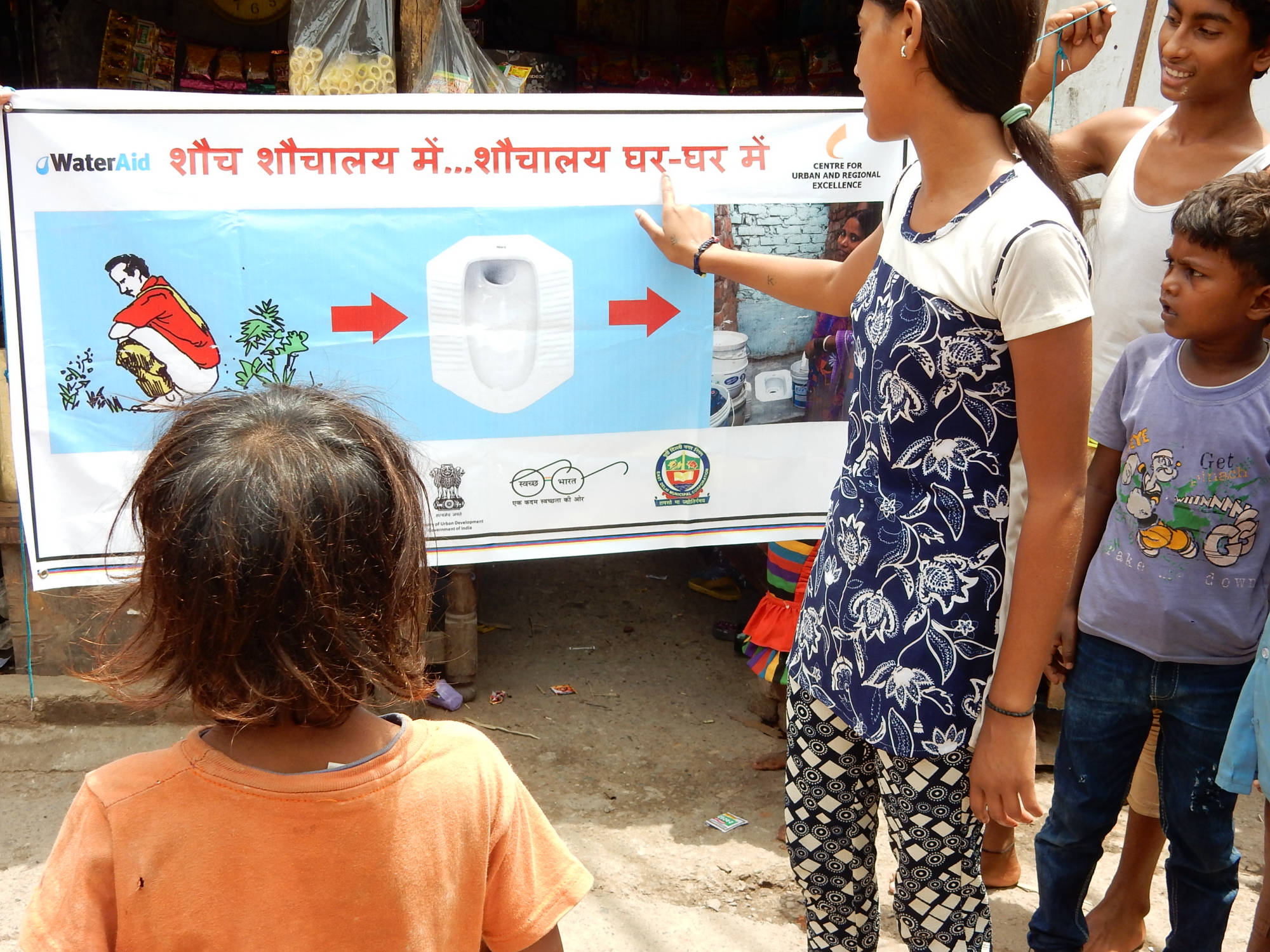Innovations from India

Join us for a webinar from USAID/India for a discussion about two recently concluded activities based in India. Manvita Baradi of the Urban Management Centre will describe the first, Moving India towards Sanitation for All (MISAAL). From 2018 to 2021, the program worked towards sustaining open defecation-free cities through strong partnerships between vulnerable citizens and their local government. Next, Dr. Renu Khosla of the Centre for Urban and Regional Excellence (CURE) will present on Pani aur Swachata Mein Sajhedaari (PASS), which sought to improve access to good water and sanitation services for sustained improvement in the health, hygiene and quality of life of urban poor people.
This webinar will close with a Q&A session.
Speakers:
Manvita Baradi, Director, Urban Management Centre, Ahmedabad
Manvita Baradi is the Founder and Director of the Urban Management Centre. For almost 3 decades, she has been one of India’s leading voices advocating for the development of better cities. She is among the first in India to work towards professionalizing urban management and she has been a strong advocate for reforming and decentralizing urban development. Through the Urban Management Centre, she has supported major reforms in the National Urban Livelihoods Mission, mobilized community groups in over 200 slums across India, and strengthened core municipal functions across 10 cities in the last 3 years.
Dr. Renu Khosla, Director, Centre for Urban and Regional Excellence (CURE)
Dr. Kholsa is Director of the Centre for Urban and Regional Excellence (CURE). Her work is aimed at unthinking and reimagining slum and inclusive urban development, nudging community-led initiatives that also build resilience. She works to strengthen local capacities for participative planning, data spatialization and analysis, and design of localized integrational solutions. Ultimately, she works to simplify institutions and deepen pro-poor policy discourse. Her projects are innovative and awarded. On International Women’s Day, she was recognized by the Government of India for her work in sanitation and promoting equality.
Related Resources:

